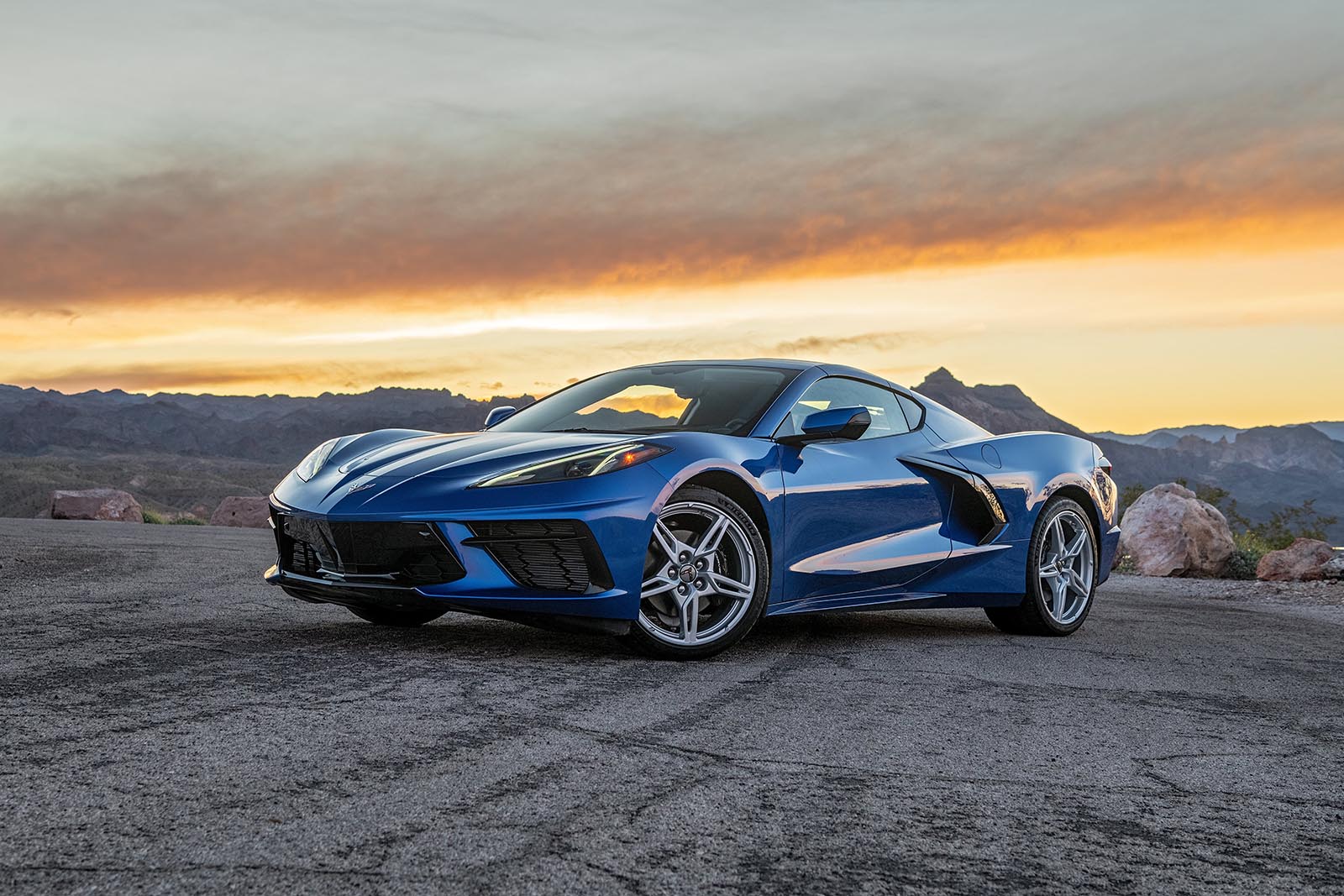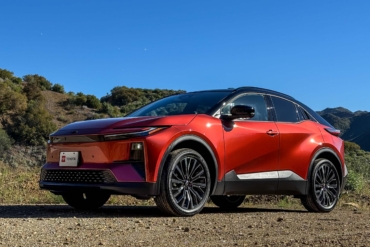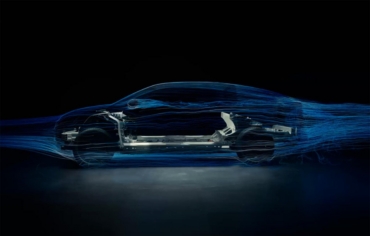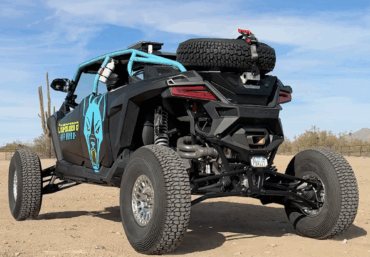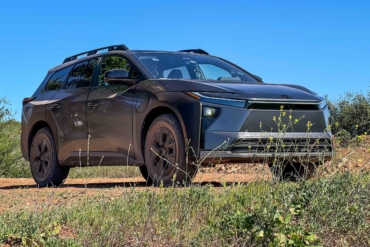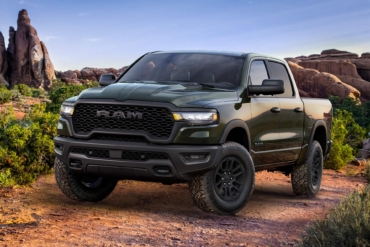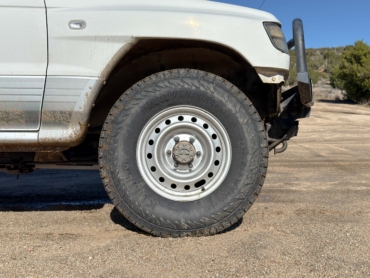For most of the past few decades, automakers have done a solid job addressing the sort of quality concerns that can perplex new owners.
But the number of “problems” reported by buyers surged “notably” this year, according to the 36th annual J.D. Power Initial Quality Study, and the pandemic takes much of the blame.
Maybe it’s a faulty seat heater or a balky voice recognition system. Possibly a misaligned fender or a transmission that won’t shift properly. Those are just some of the many issues being reported by U.S. motorists who’ve purchased 2022 model year vehicles.
After decades of improvement, J.D. Power’s latest Initial Quality Study found that the number of “problems” being reported by new-vehicle buyers surged by 11% this year. And while there were a number of factors contributing to that increase, the primary cause was COVID.
Between shortages of critical materials like semiconductor chips and assembly line disruptions caused by illness, automakers have been forced to repeatedly slow, or even stop, production at plants all over the world. And that’s made it difficult to maintain disciplined quality control procedures, according to David Amodeo, director of global automotive at J.D. Power.
“Given the many challenges automakers and their dealers had to face in the past year, it’s somewhat surprising that initial quality didn’t fall even more dramatically,” said Amodeo. He added, “In general, initial quality has shown steady improvement throughout the history of this study, so the decline this year is disappointing — yet understandable.”

Tech Problems
While the overall downturn in quality came as a surprise, other data echoed patterns seen in recent years. On the positive side, traditional mechanical glitches, such as misfit body panels and faulty powertrains, have become increasingly rare.
Today, balky technology is the real headache. Problems with infotainment systems accounted for a full quarter of all the “problems” covered by the 2022 Initial Quality Study, or IQS.

Disappointingly, the study found far more problems with plug-based vehicles — both plug-in hybrids and pure battery-electric models — than with conventional vehicles using internal combustion engines. BEVs, in particular, averaged about 40% more reported problems.
“Automakers continue to launch vehicles that are more and more technologically complex in an era in which there have been many shortages of critical components to support them,” said Amodeo in a summary of the IQS results.
The Rise of GM
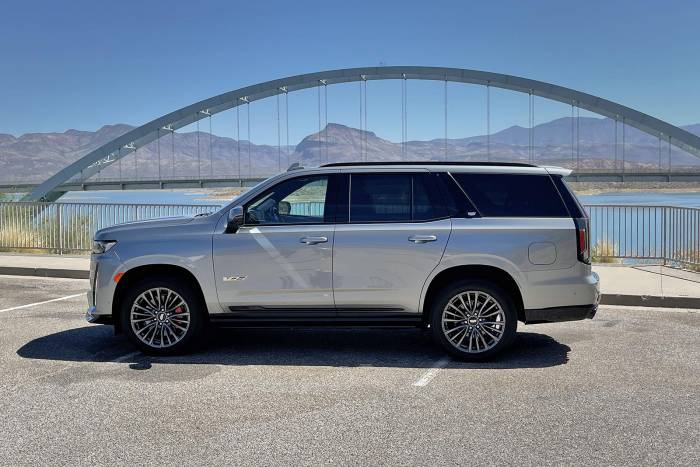
The study was based on responses from 84,165 motorists who either purchased or leased a 2022 model-year vehicle. They were asked to fill out questionnaires covering over 200 possible problems that new owners might experience.
In turn, the research firm ranks individual brands and products based on the number of problems they experience for every 100 new vehicles — or problems per 100 in Power-speak. On average, the industry experienced 180 PP100, as it’s abbreviated.
While the rise in quality was felt pretty much across the industry, there were a few exceptions, primarily General Motors. The Detroit giant “bucks the trend with an improvement in initial quality that lands it in the highest rank position among automotive corporations,” noted a statement from Power.
This marks the first time that GM has ever topped the influential IQS, with its Buick brand as the overall leader; Chevrolet ranked third. The Cadillac and GMC brands also came in well above the industry average.
The Chevrolet Corvette, meanwhile, was the single highest-ranked vehicle in the 2022 study. GM overall had the highest-ranked models in nine product categories.
Winners and Losers
Detroit automakers, in general, performed quite well in the annual quality study — with a few exceptions. Mainstream Ford and its high-line Lincoln sibling both came in comfortably above the industry average.
Dodge was this year’s second-highest-ranked brand, just behind Buick. It was the number-one brand a year ago.
However, the other Stellantis brands didn’t fare so well. Ram, Jeep, and Alfa Romeo all came in below average, and Chrysler was the lowest-ranked brand in the entire study — with one exception.
There wasn’t yet enough data on Polestar to fully include it in the 2022 IQS, though what was available would have put the EV startup dead last. Where Chrysler had a score of 265 problems per 100, Polestar owners reported 328.
Though J.D. Power had trouble accessing data on Tesla in a number of states, it collected enough to include it in the 2022 Initial Quality Study for the first time. The automaker has been the subject of widespread criticism for inconsistent quality, and that was reflected in its score of 226 PP100, tying Mitsubishi as the sixth lowest-ranked brand this year.

GM’s surge pushed past two strong Korean brands, though the high-line Genesis still managed to come in as the fourth-ranked brand — and the top luxury marque. Sibling Kia landed immediately behind. But Hyundai, the largest of the Korean carmakers, slipped this year to below average.
Among the Japanese model, only the sixth-ranked Lexus made it into the top 10 brands, with Nissan, Toyota, and Mazda scoring above average. Acura, Honda, Subaru, and Infiniti, as well as Mitsubishi, all fell below that mark.
Europeans didn’t do any better. BMW is the only brand in the top 10, with Mini squeaking in above average. Mercedes-Benz, Land Rover, Jaguar, Alfa, Volkswagen, Audi, Maserati, Porsche, and Volvo all slid below average. In fact, Europeans made up four of the five lowest-ranked brands in this year’s study.



